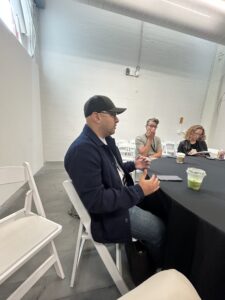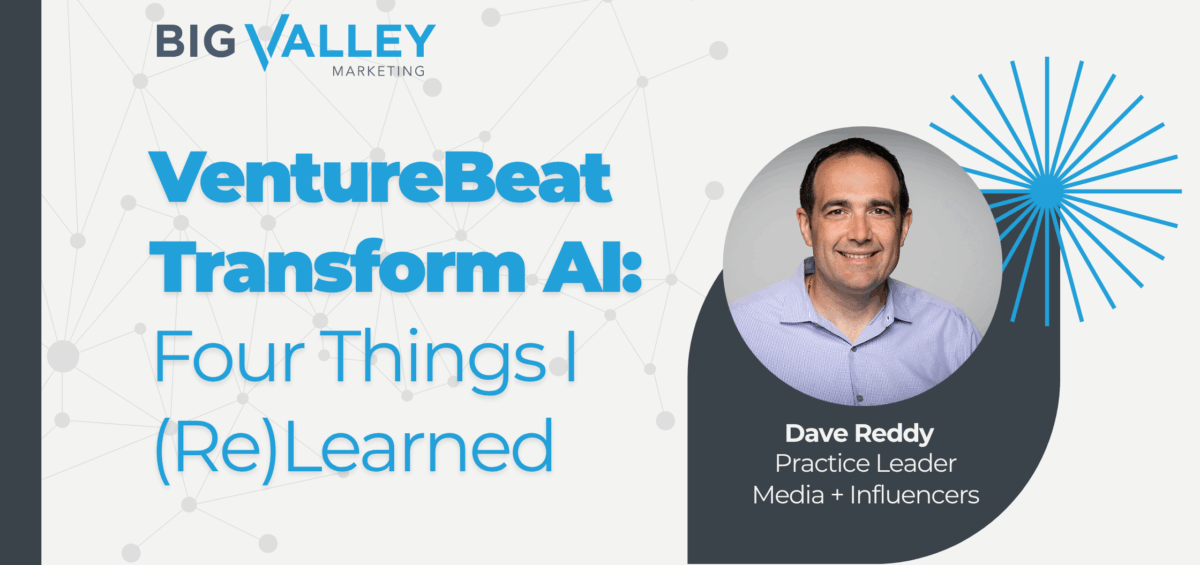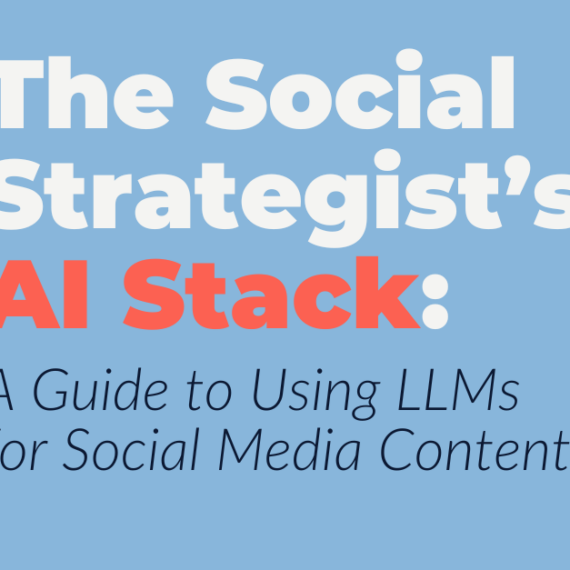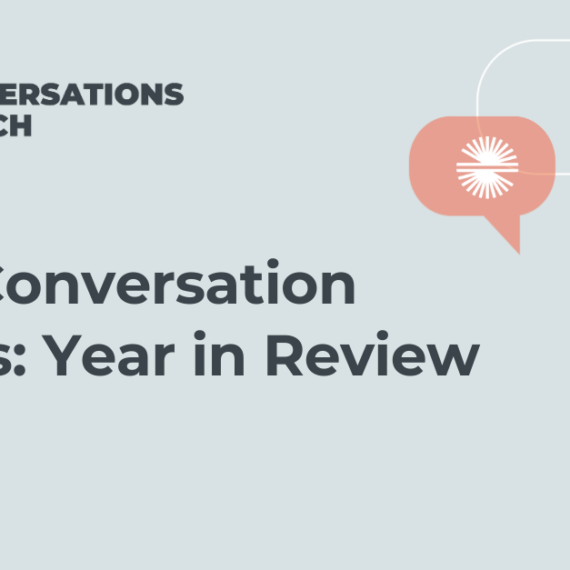The VentureBeat Transform conference in San Francisco late last month was a two-day immersion in AI — a firehose of ideas, insights, and occasionally brain-scrambling jargon. But beneath the technical swirl, I (re)learned some timeless truths about storytelling, marketing, and staying curious in the face of big, fast change.
1. Data scientists (and other deeply educated engineers) are still rock stars.
About a decade ago, data scientists are the new rock stars became a typical headline. Like any overhyped marketing play, it fell out of style.
But here’s the thing: the importance of data scientists and related nerds never waned. Nor did the eureka moments, mind-blowing advances and patent numbers that make their stories interesting. It’s hard to take a PhD’s story and make it something we mere mortals can grasp. But that’s no excuse.
Many of the folks at Transform were data scientists or AI engineers. Companies that don’t tell the stories of these folks are missing out. VentureBeat and The TWIML AI Podcast from Sam Charrington are two examples of high-traffic media properties featuring tech professionals with advanced degrees. The content may be all about how the AI sausage gets made. But, when properly framed, people want to hear it. VentureBeat reaches nearly 1 million readers a month. TWIML reaches 275,000, an impressive number for a non-celebrity podcast.
2. Don’t be intimidated by AI.
There’s no point in letting the speed and dense subject matter of the AI industry intimidate you. To do your job, you’ve got to mine for stories with AI engineers, even if you might need a tech glossary to follow along. To that end, as reporter Agam Shah posted last week, marketers need to educate themselves on AI, an admittedly daunting task given the tech changes hourly.
This doesn’t mean you need to BE an AI engineer. I’m a sports reporter by trade, but I’ve done pretty well telling B2B tech stories. To do so requires constant learning. With AI, learning is about experimenting. But the more we learn, the better we tell the stories.
3. Like it or not, AI IS changing marketing, communications and journalism.
There is no undoing AI’s impact on storytelling, as in this case with all industries. And yet, many remain conflicted.

VentureBeat’s Editorial Director, Michael Nunez, speaking at a table during VentureBeat’s Transform AI conference
I ask every guest I interview on our Pressing Matters podcast how they are using AI in their journalism jobs. Some don’t at all. Others, like VentureBeat Editorial Director Michael Nunez, insist upon it. In a Transform roundtable on AI and upskilling, Nunez said that he would not hire someone who is not already using multiple AI tools.
I get both approaches. The journalism school graduate part of me worries that it’s cheating. Or, worse, traitorous. AI may someday take our jobs! I’m getting over that, since it’s not true: AI does not lead. It serves.
The best answers on how to use AI in marketing, communications and journalism is probably somewhere between Nunez and those who are allergic to it. I’ve recently moved from mildly allergic to highly curious. Curiosity, after all, is the most essential characteristic of a good storyteller.
4. Events don’t need to be gigantic to have an impact.
Held at the relatively cozy Fort Mason Center, VB Transform had an intimate feel. That didn’t stop big brands like Google and Prudential from showing up. The roundtable sessions, which typically included 20-30 people, ensured that everyone had an opportunity to speak.
I often hear from brands whose spokespeople only want to attend the biggest events. That’s myopic. As valuable as a major show is, at smaller venues, you can more easily network with attendees and reporters.

Yes, you get to speak to a massive audience at giant shows, but that’s merely a nice bonus. Because the real impact of events happens before, during and after the show, which means venues of all sizes can deliver marketing ROI. Between in-depth coverage of the event by VentureBeat itself, social sharing and videos of main stage content online, Transform was a place to be heard and hear others without feeling overwhelmed. Mix mid-sized and small shows into your events calendar. You’ll get plenty in return.






